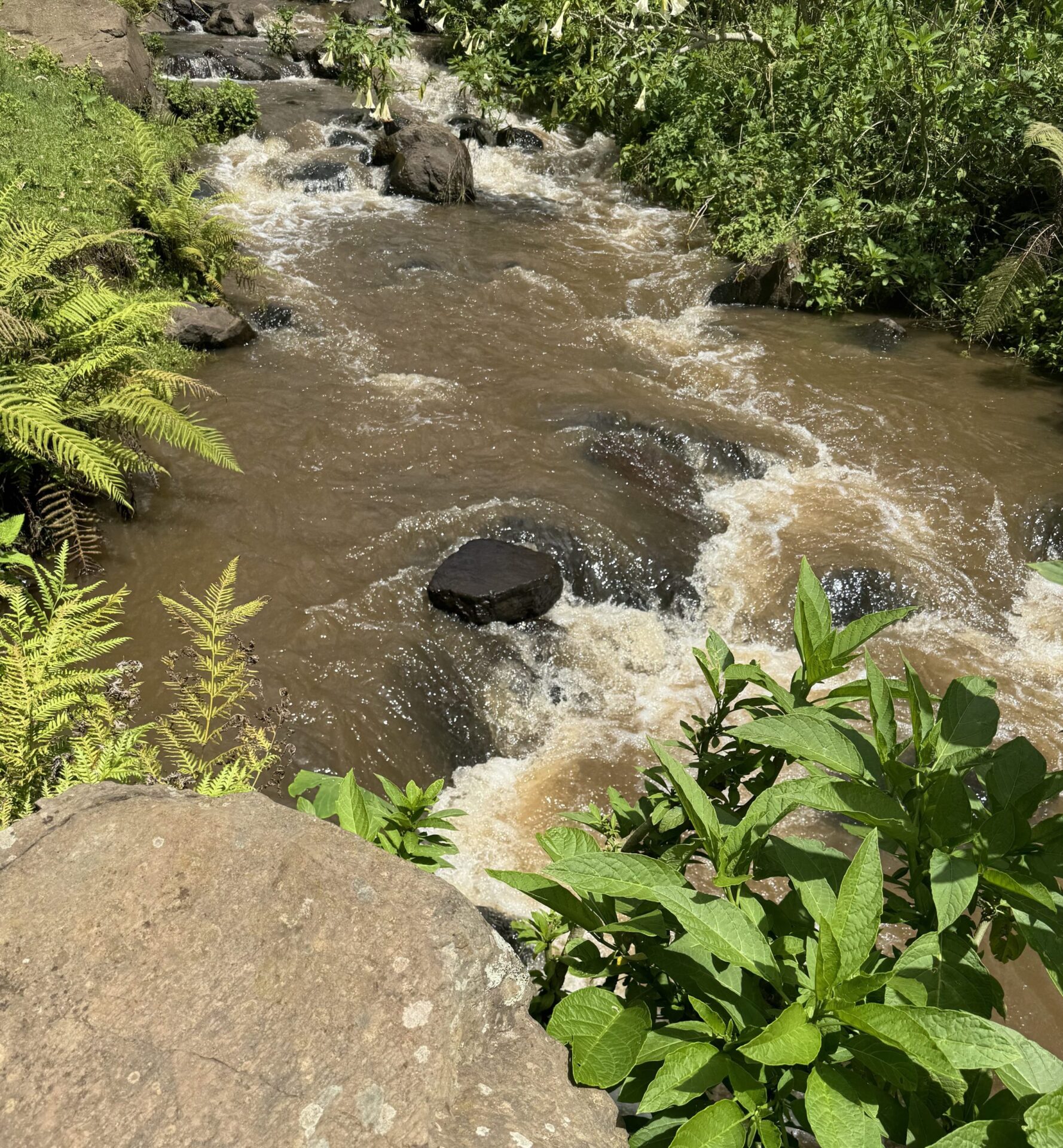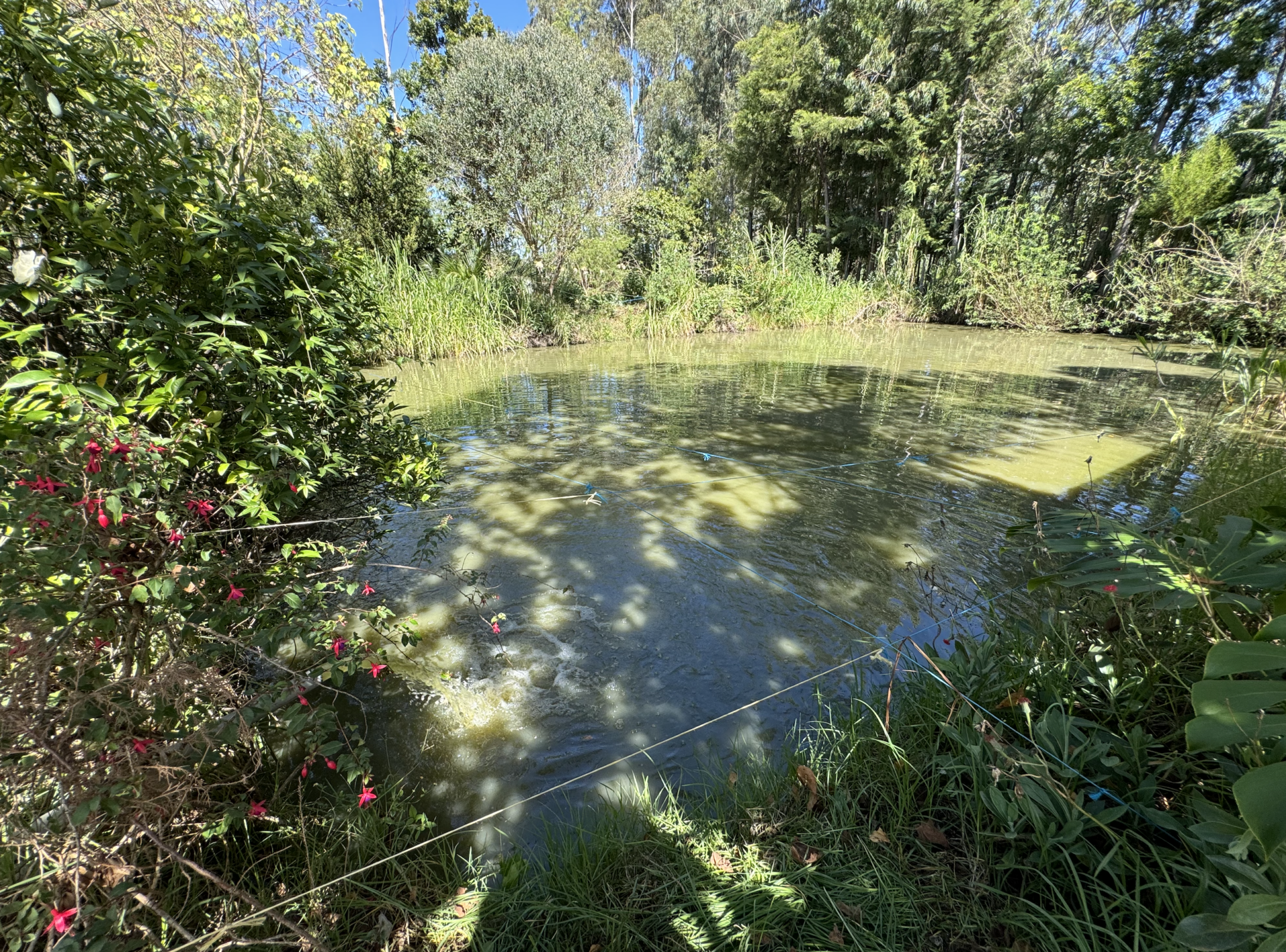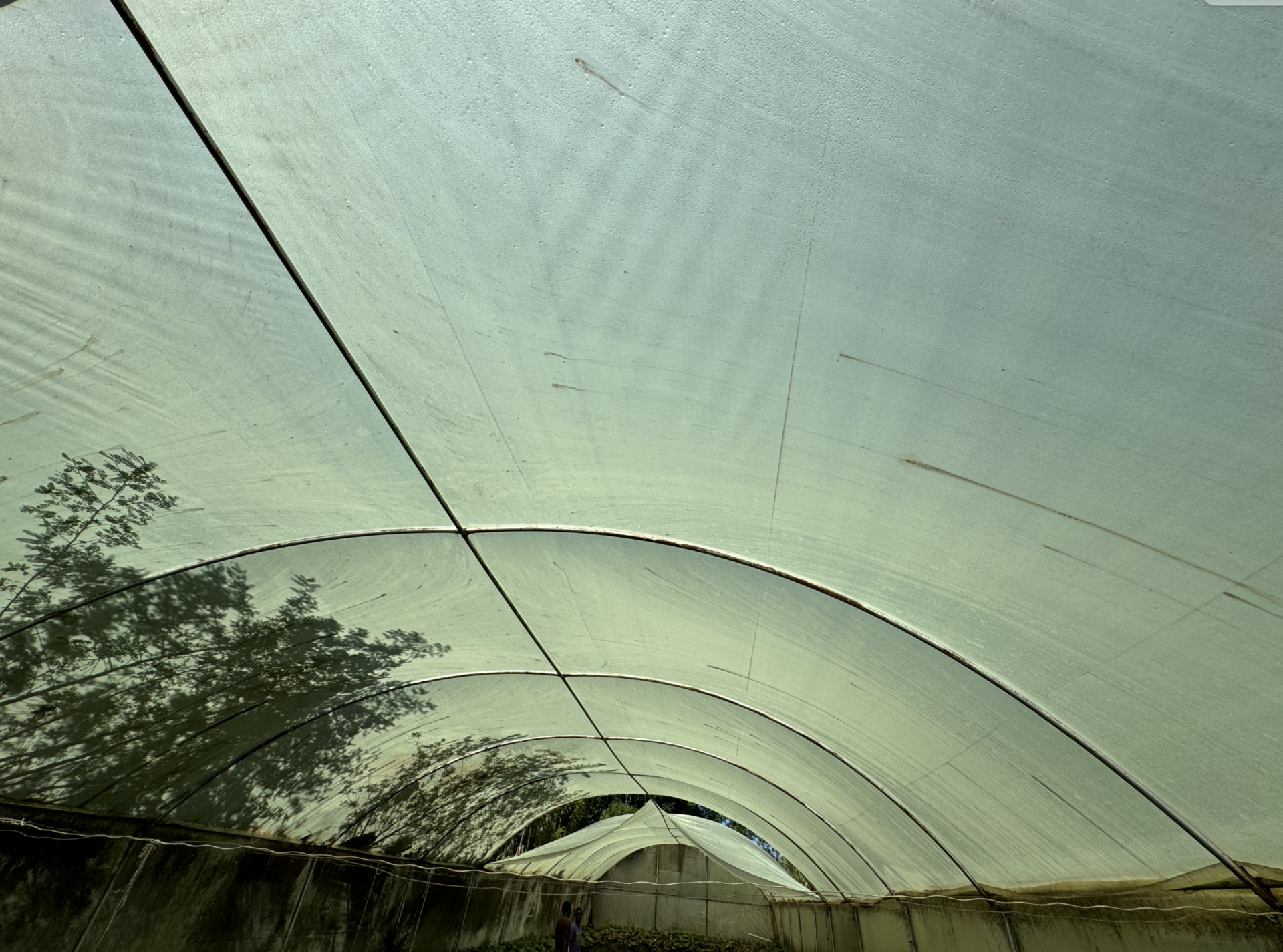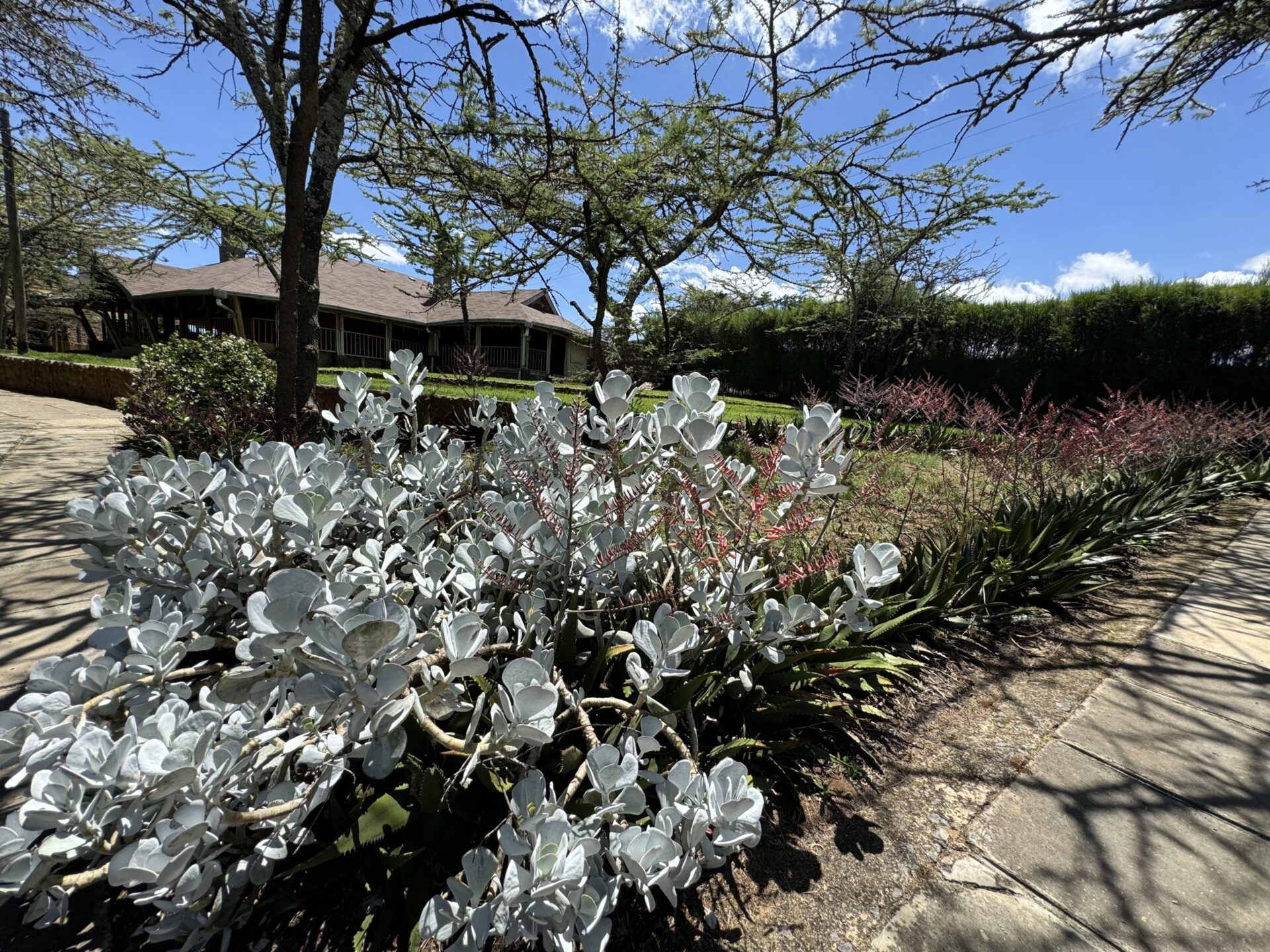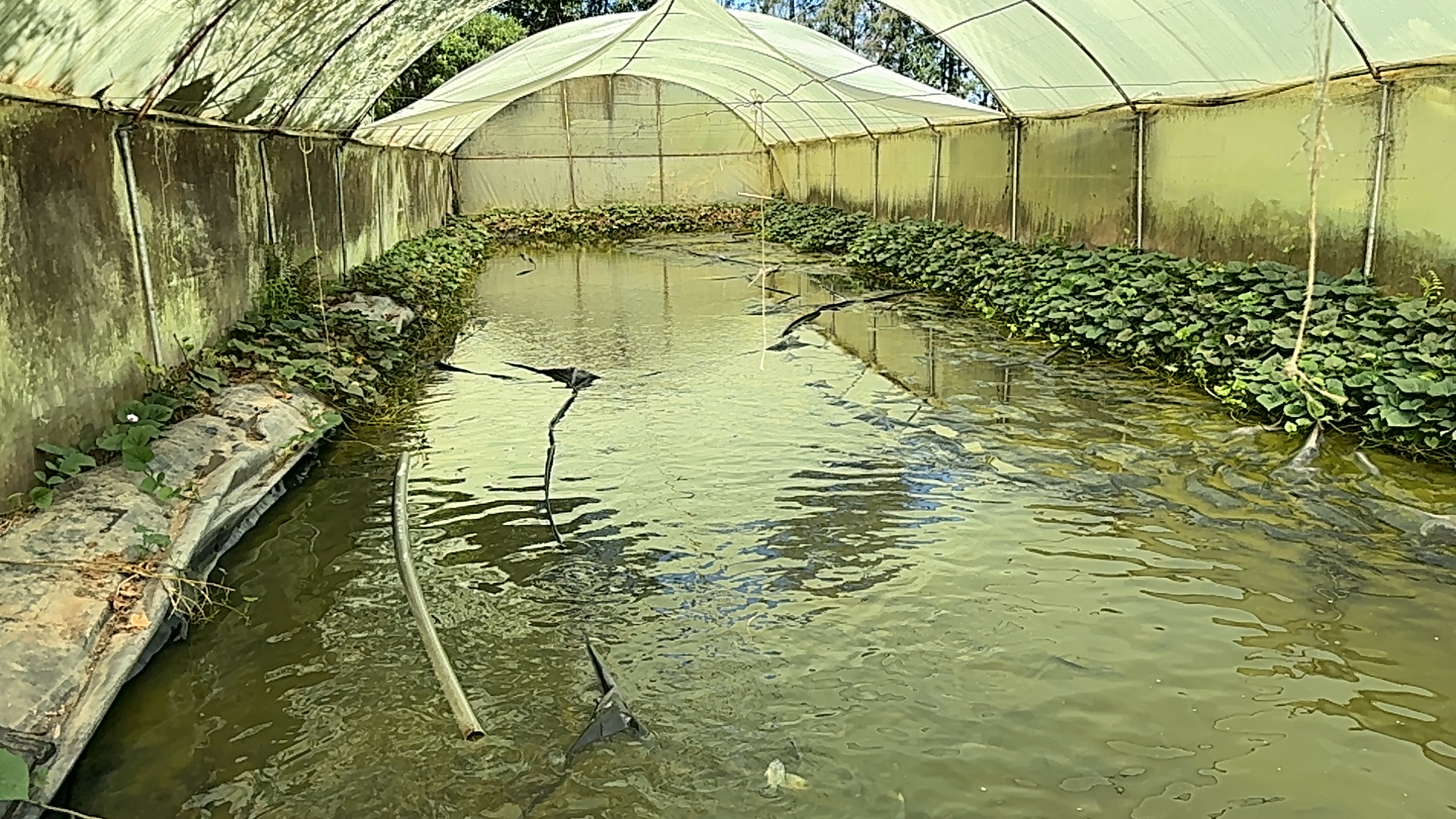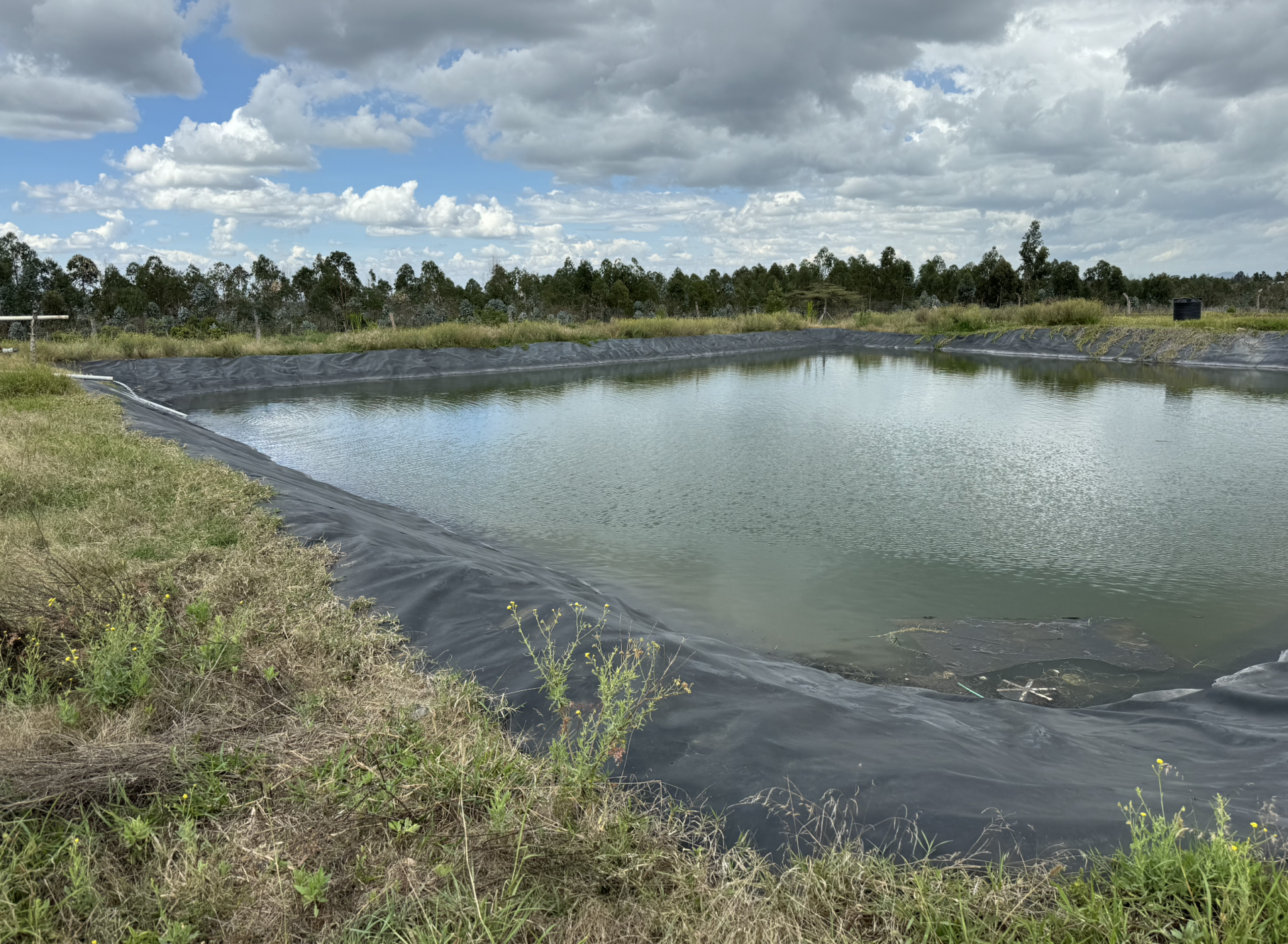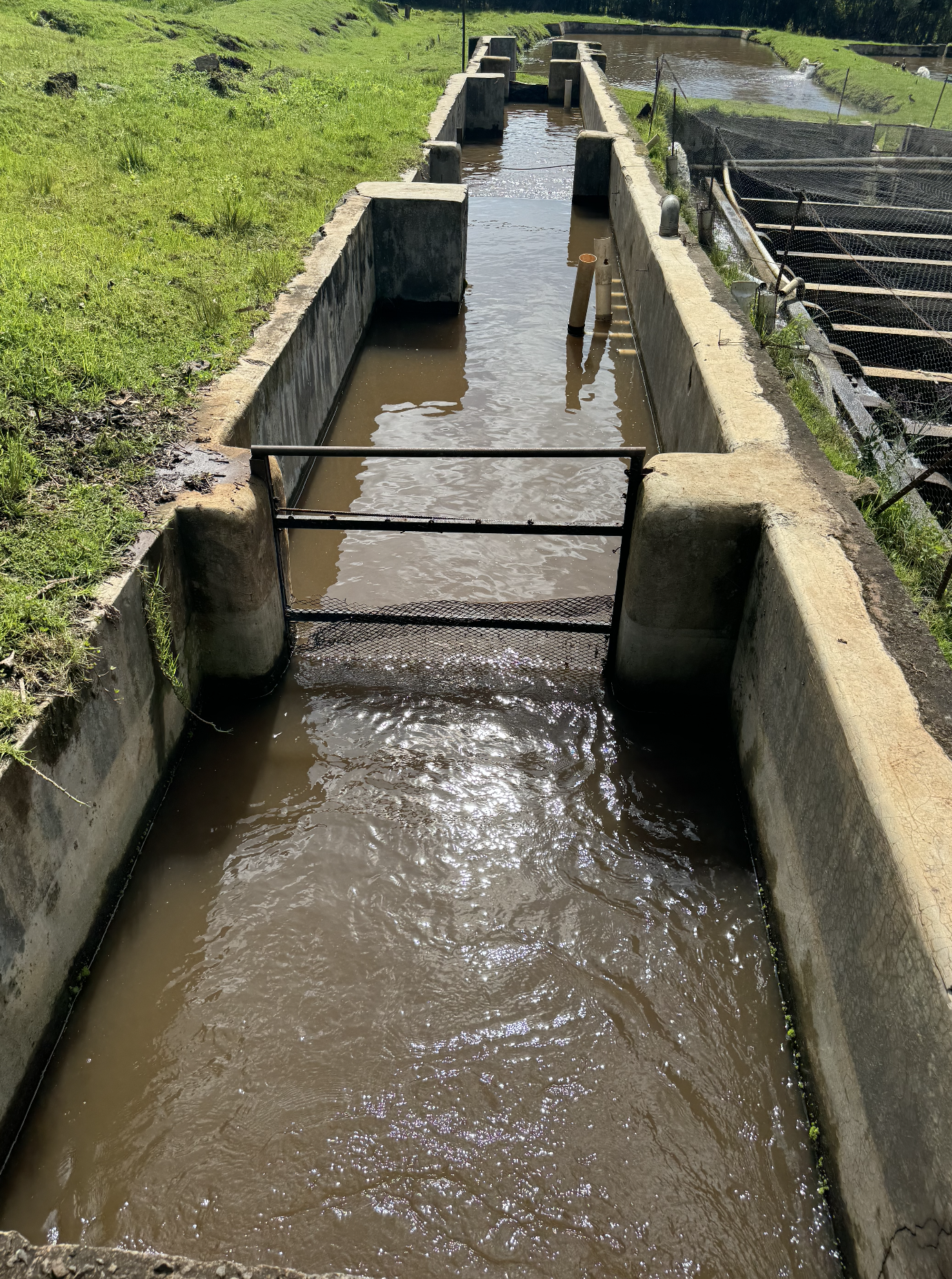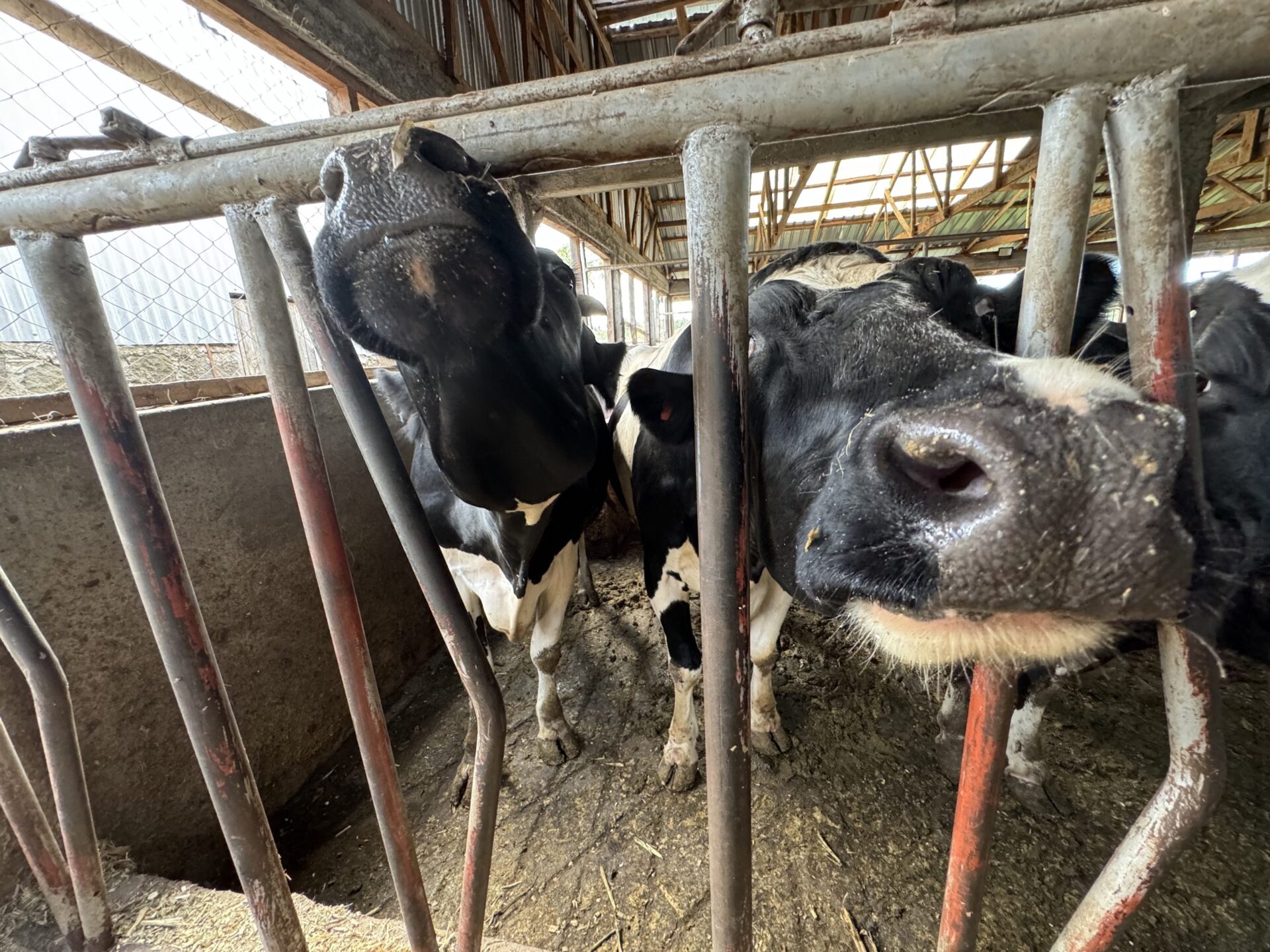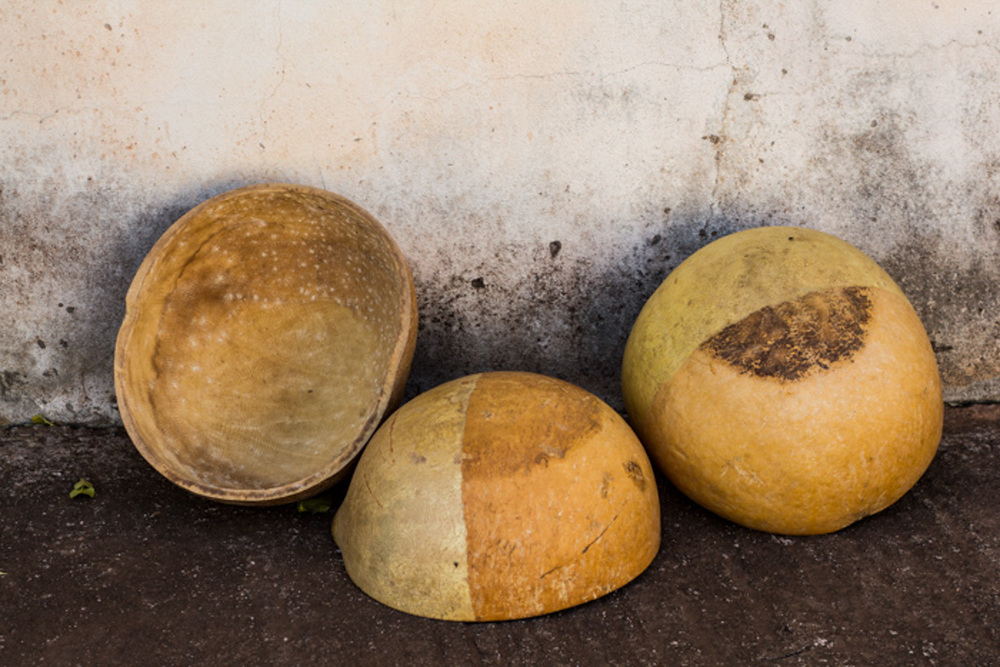Call
for Applications
Launched in January 2024, the Practical Field Lab (PFL) is an off-campus experiential learning curriculum where faculty and students engage in learning through problem-solving at the intersection of multiple systems of knowledge and practice.
The 2025 PFL builds upon a successful pilot composed of DeKUT and MIT students and faculty in January 2024. Entitled “Calabashing: Innovating with Gourds,” it focused on one organic material—the gourd, an icon of African culture as a lens into innovation.
The Practical Field Lab is designed to
- Equip participants to translate academic knowledge into skills for turning problems into opportunities for interdisciplinary creativity and problem-solving
- Create synergies between traditional African practices of science, technology, innovation and entrepreneurship.
Our focus is on building fish value chains, climate adaptation and mitigation, and rural industrialization.
Directors: Prof. Chakanetsa Mavhunga (MIT) and Prof. Ndirangu Kioni (DeKUT)
Host: Origin Labs, Dedan Kimathi University of Technology (DeKUT), Nyeri, Kenya
Dates: January 4th-31st, 2025
Deadline for Applications: Nov 1st, 2024
Notification by: Nov 15th, 2024
Course Fee: $1750 (inc. tuition, admin, accommodation, food, and field transport) excludes airfare.
Program: Mon-Fri 8-4:30pm, Free Weekend
Tracks
The Field Class
The Field Class is four weeks long in January and takes place in Nyeri, Kenya, and coincides with academic calendars across Africa and the world. Diverse teams of academic and non-academic instructors will guide students in hands-on learning through problem-solving at carefully scoped problem-sites. The class counts as 12 units or can be taken for no-credit because this is team-based hands-on work, all participating students are required to perform 42 hours of field-based work regardless of whether they are doing it for credit or not. This requirement cannot be varied. For 2025, the Field Class will only be offered in Nyeri (Kenya). From January 2026 onward, the Field Class will be conducted in Kenya, Zimbabwe, and Namibia between June 1st-August 31st. This Call for Applications is for the Field Class January 4th-31st 2025 only.
Internship Program
The Internship Program is 8-12 weeks long between June 1st and August 31st in Kenya, Zimbabwe, and Namibia. (Longer stays are possible on a case-by-case basis). The program is designed for vocational, technical, and polytechnic college and university students, as well as youth without formal qualifications but with proven and verifiable practical experience. The students will embed in the ongoing projects where they will be assigned specific responsibilities and performance assessment. The Call for Applications for this Internship Program will be announced in February 2025.
- Filter by
- All 10
- Field Class 13
- Internship 09
🇿🇼 Design a business model for and launch a venture that makes low-cost machine-tools for dredging silt and sand to rehabilitate rivers
🇰🇪 Design + develop shoe sole molding machine
🇰🇪 Develop + deploy IoT device to measure and subsequently enable control or intervention of pond water parameters
🇰🇪 Design + build fish rearing pond with a greenhouse cover
🇿🇼 Venture to train, supply, + manage staff to run projects and maintain homes of diaspora-based citizens
🇰🇪 Design + build auxiliary system for cooling a trout fish hatchery unit, for water recirculation, and cleaning
🇰🇪 Making + installing an automated fish feeding mechanism to control fish overfeeding and underfeeding
🇰🇪 Design + develop auxiliary systems for large-scale water recirculation and cleaning in fish rearing ponds
🇿🇼 Design a business model for and launch the animal feeds and organic fertilizer pelletizing venture, targeting local crops and farm waste
🇰🇪 Design a business model for and launch a venture that makes food processing and musical equipment from gourds
Apply now for
the 2025 Practical Field Lab.
Deadline Extended for Applications:
4th November 2024
